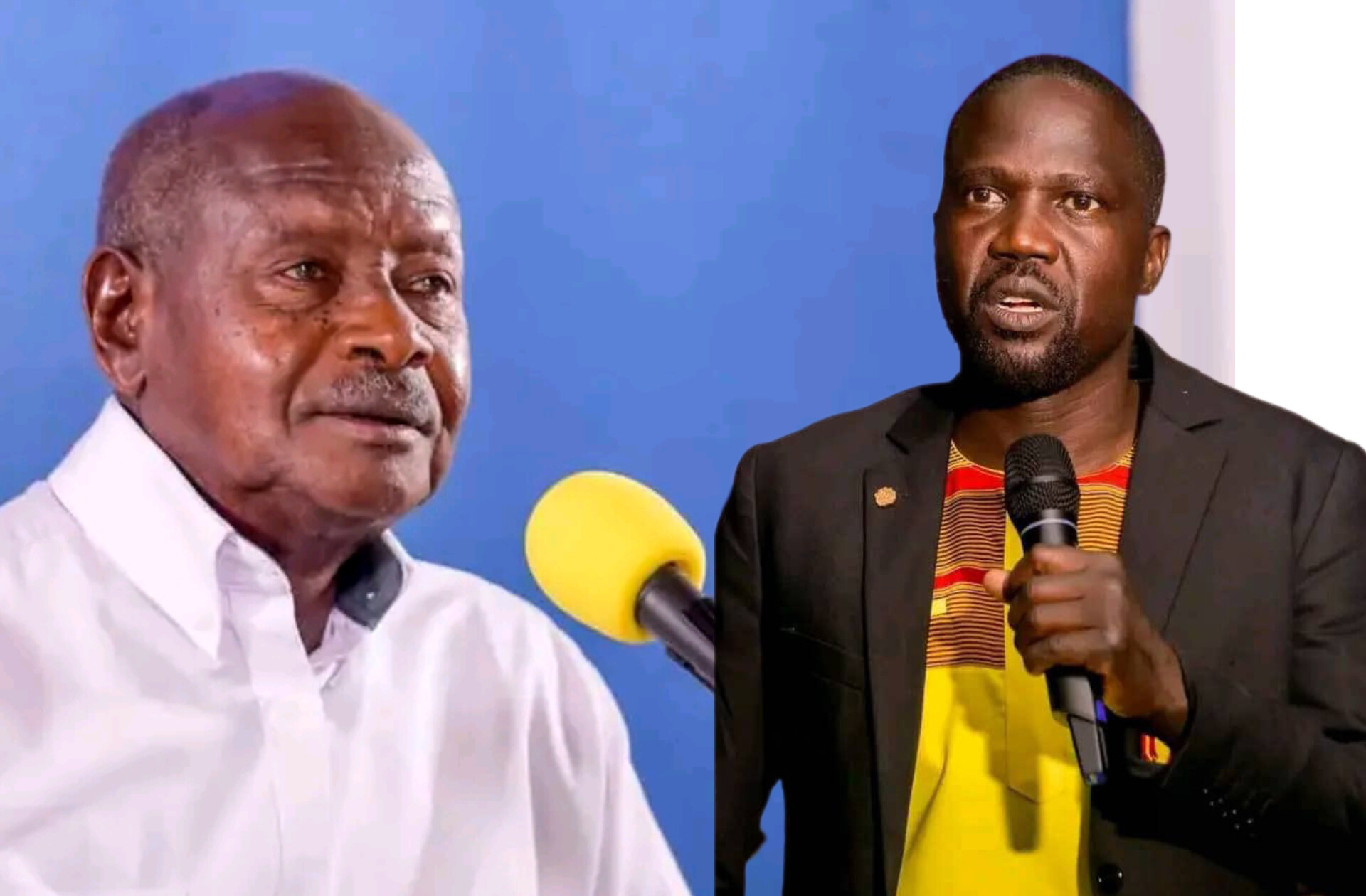
Outspoken musician turned politician Monday 18th August 2025 openly told the president that the problem of the Acholi people are their own leaders.
Bosmic Otim made remarks when he was given the opportunity to air out what is really affecting the people of Acholi, he said ''Bosmic Otim am telling you the truth our Acholi leaders are our own problem of the land change them the people will appreciate the government."
He however appealed to the president to change all of them if possible because the system is full of corrupt leaders who have resorted to employing their relatives and friends and in laws, blocking other beneficiaries not to benefit from the government programmes.
He also echoed that the Acholi compensation has taken so long not because the government does not want to help the people of Acholi land but because of the few individuals.
"Acholi compensation has taken so long not because the government does not want to help the people of Acholi land. We have been receiving a lot of initiatives through the government but it does not reach the rightful beneficiaries.
The whole system must be changed, this system of relatives, friends and in laws even if you send trillion shillings here nobody will be a beneficiary apart from the same same people, same group, same team and same committee Bosmic Otim am telling you the truth our Acholi leaders are our own problem of the land change them the people will appreciate the government."- Said Bosmic Otim.
The country's political landscape has long been marred by the blame game, a tactic where politicians deflect accountability by pointing fingers at their opponents. This strategy, deeply entrenched in the nation’s governance, is not only hampering effective administration but also discouraging the emergence of future leaders with integrity and vision.
The blame game thrives on the principle of distraction. Instead of addressing critical issues such as corruption, inadequate infrastructure, and poverty, politicians engage in finger-pointing to shift focus from their shortcomings.
This approach creates a toxic environment where genuine problem-solving takes a back seat to political survival. The result is a stagnation in policy implementation and public service delivery, as leaders are more concerned with defending themselves than with making meaningful progress.
Moreover, this culture of blame undermines the public’s trust in government institutions. When leaders constantly pass the buck, it erodes citizens’ confidence in their ability to govern effectively.